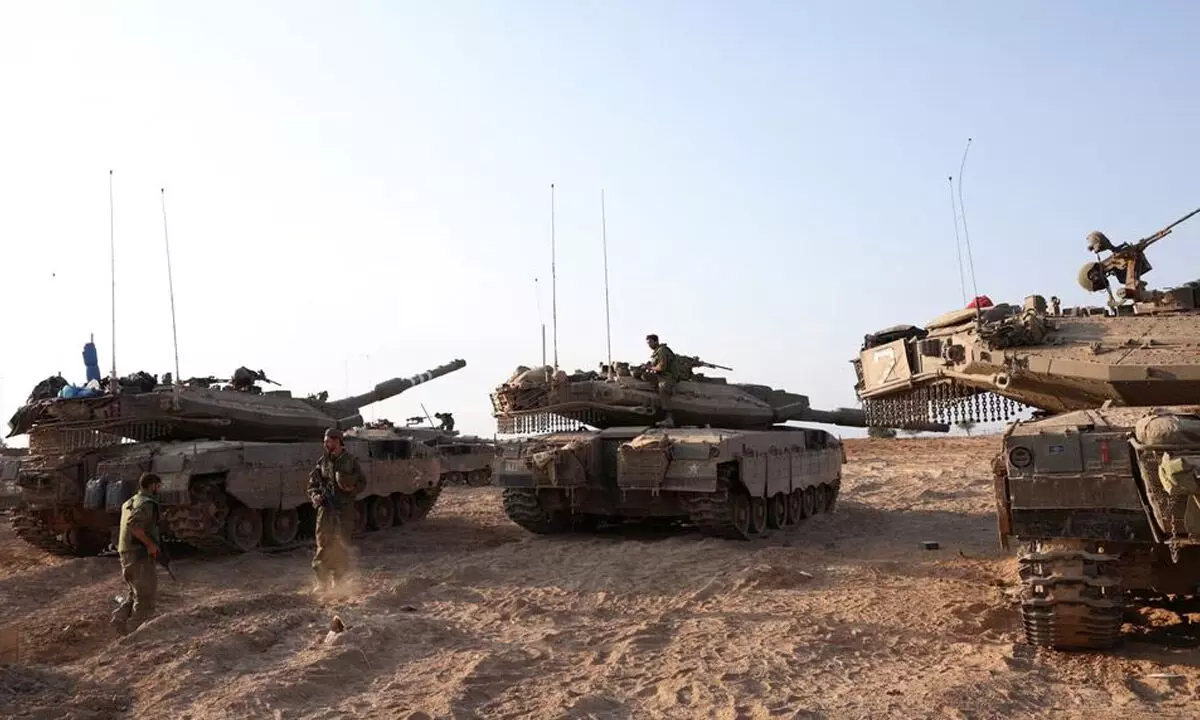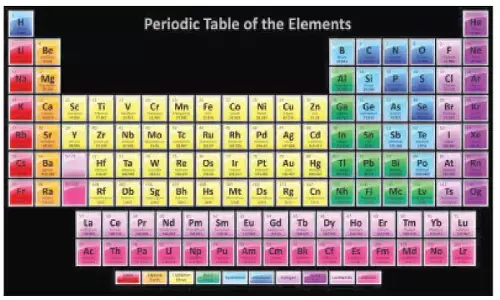Ripple effect seen on markets globally from Middle East conflict
Share :

Economists and market strategists are anticipating further ripple effects globally from the Middle East conflict, watching to see if the situation draws in other countries with the potential to increasingly drive up oil prices and send capital flowing to safehavens.
WASHINGTON: Economists and market strategists are anticipating further ripple effects globally from the Middle East conflict, watching to see if the situation draws in other countries with the potential to increasingly drive up oil prices and send capital flowing to safehavens.
Israel was preparing on Saturday to launch a ground assault in the Hamas-controlled Gaza Strip, after telling Palestinians living in the territory to flee south. The Israeli national security adviser, meanwhile, warned Lebanese militant group Hezbollah not to start a war on a second front.
"It looks like we’re headed for a massive ground invasion of Gaza and a large-scale loss of life," said Ben Cahill, senior fellow in the Energy Security and Climate Change Program at the Center for Strategic and International Studies (CSIS). "Anytime you have a conflict of this scale, you will have a market reaction."
In the past week, concerns about the conflict have fed through to asset prices, contributing to weakness in stocks on Friday with the S&P 500 (.SPX) down 0.5%. Safehaven assets saw buying with gold up more than 3% on Friday and the U.S. dollar touching a one-week high. Oil prices leapt nearly 6% on Friday as investors assessed what the conflict could mean for supplies from nearby countries in the world's top oil producing region.
"If it looks like a broadening conflict, oil prices will rise further," said Michael Englund, chief economist at Action Economics LLC in Boulder, Colorado.
An expanding conflict would also likely cause inflation and, as a byproduct, interest rates around the world to accelerate, said Bernard Baumohl, chief global economist at The Economic Outlook Group in Princeton, New Jersey.
However, while inflation and rates in other countries will likely rise in this worst-case scenario, the U.S. could be the exception as foreign investors pour capital into what they deem a safehaven during global conflict, Baumohl noted.
"Interest rates could go down," he said. "Expect the dollar to strengthen."
Other fuels could also be impacted, as seen in recent developments such as Chevron (CVX.N) halting natural gas exports through a major subsea pipeline between Israel and Egypt.
"The bigger risk to the oil market is that this conflict draws in neighboring countries," said CSIS' Cahill.
Rising oil prices are unlikely to have a significant impact on U.S. gas prices or consumer spending, analysts noted.
"The consumer is unlikely to see a significant impact on gas prices anytime soon," Englund said.















